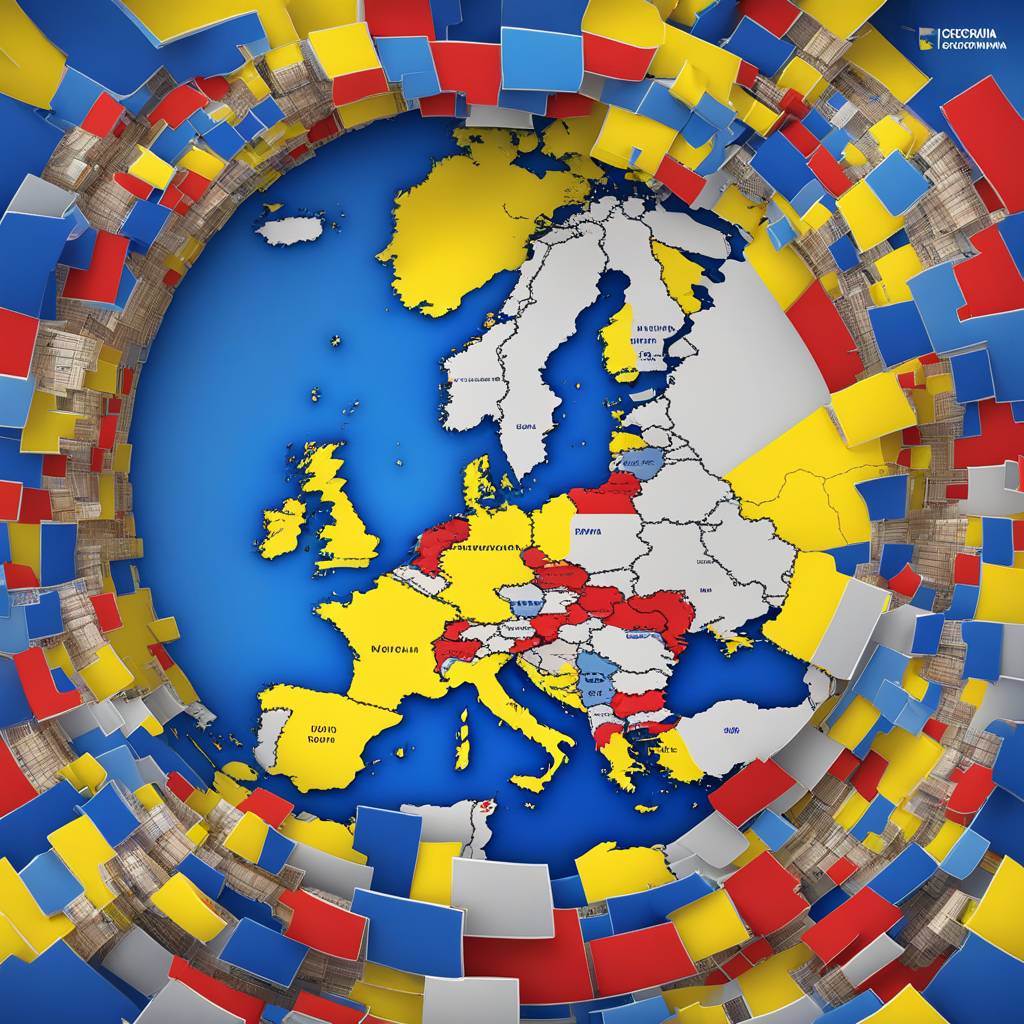The European Commission has sent draft frameworks for accession talks with Ukraine and Moldova to member states in a significant step towards their potential EU membership. These frameworks outline the principles and guidelines that will govern the accession talks and will require unanimous approval from all 27 EU leaders. Both countries have made significant progress on their EU paths, with Ukraine praised for its resilience and commitment despite facing hybrid attacks from Russia. Moldova has also shown progress in its accession reforms. Despite opposition from Hungarian Prime Minister Viktor Orbán, EU leaders approved the opening of accession talks, with Orbán having the potential to veto the start of negotiations.
Candidate countries like Ukraine and Moldova must implement various reforms in order to comply with EU laws and standards before proceeding to the next stage of the accession process. The Commission noted that both Ukraine and Moldova had completed over 90% of the required reforms and only needed to finalize the remaining steps. Ukraine’s reforms included addressing corruption, reducing the influence of oligarchs, and protecting the rights of national minorities. The Ukrainian parliament recently passed a lobbying bill to tighten rules for government lobbyists and reduce the influence of oligarchs, aligning with EU requests.
The war in Ukraine has added urgency to the EU enlargement process, with both Ukraine and Moldova applying for EU membership shortly after Russia’s invasion. Moldova followed Ukraine’s lead in seeking membership, and both countries were granted candidate status just four months later. This swift progression is unprecedented in EU history, reflecting the geopolitical importance of responding to the conflict in Ukraine. The EU has also renewed its focus on Western Balkan countries, with Bosnia and Herzegovina becoming the fifth country in the region to receive approval for accession talks. Kosovo is considered a potential candidate for EU membership.
Despite the progress made by Ukraine and Moldova towards EU membership, challenges remain, particularly regarding the ongoing war in Ukraine. The conflict raises questions about the feasibility of Ukraine’s accession to the EU while facing military aggression. The war on Europe’s eastern doorstep has intensified the EU’s commitment to enlargement and underscores the importance of delivering on promises to candidate countries. The EU’s support for Ukraine and Moldova in their accession efforts highlights the bloc’s commitment to expanding and deepening European integration. The upcoming negotiations will be crucial in determining the next steps towards potential EU membership for both countries.













